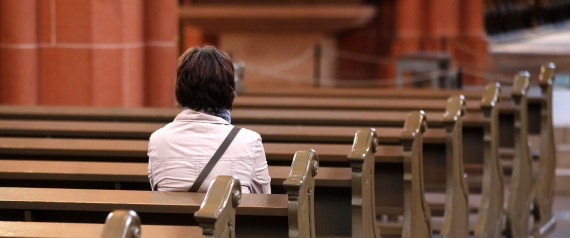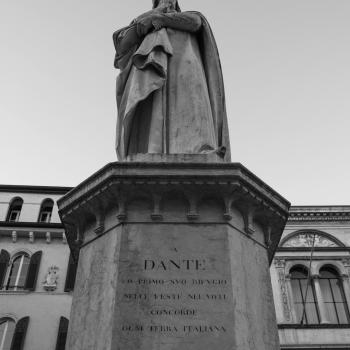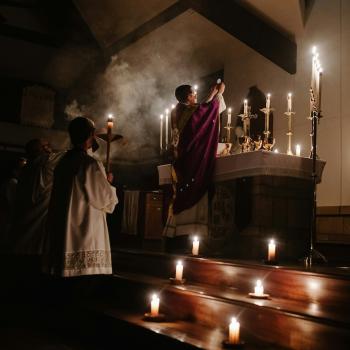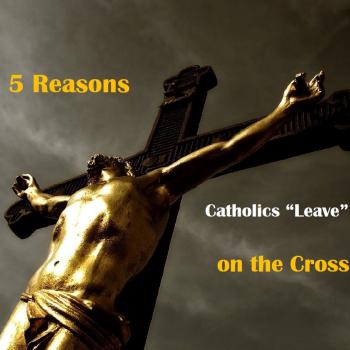A trend worth noting, from Religion News Service:
They’re rarely at worship services and indifferent to doctrine. And they’re surprisingly fuzzy on Jesus.
These are the Jewish Americans sketched in a new Pew Research Center survey, 62 percent of whom said Jewishness is largely about culture or ancestry and just 15 percent who said it’s about religious belief.
But it’s not just Jews. It’s a phenomenon among U.S. Christians, too.
Meet the “Nominals” — people who claim a religious identity but may live it in name only.
They’re proud — but not practicing — Catholics. They’re Protestants who don’t think Jesus is essential to their salvation.
And they’re Jews who say they belong to the tribe by way of ancestry or culture, not religion. Indeed, many miss the most fundamental divide between Judaism and Christianity: The Pew survey found 34 percent of Jews say it’s OK to see Jesus as the Messiah and still call themselves Jewish.
“They are not saying Judaism can allow belief in Jesus. They are saying if you are born a Jew, reared as Jewish and convert to Christianity, I still consider you a Jew,” said Alan Cooperman, deputy director of the Pew Research Center’s Religion & Public Life Project, and a co-author of the Jewish study.
Catholic researchers see similar expressions of team loyalty melded with theological confusion.
Sacraments Today, a 2008 study by Georgetown University’s Center for Applied Research in the Apostolate, found most Catholics (77 percent) are proud to be Catholic but:
* Only 55 percent say they are practicing their faith.
* Most say they can be good Catholics without going to weekly Mass (68 percent)
* Helping the poor and needy is a moral obligation for most (68 percent) but fewer people (61 percent) see the sacraments as essential.
* Less than half of Catholics (43 percent) look to the pope and bishops when they make moral choices.Each generation’s views on sacraments, Mass, and moral life also are less tied to Catholicism than their parents’. Only half of the so-called “millennials” (born after 1983) say they’re “proud to be Catholic.”
When CARA tallies the number of U.S. Catholics, it lists 66.8 million counted by the church, but 78.2 million according to surveys that ask people their religious identity.
Protestants, too, stray from core Christian teaching while clinging to the Christian label.
















